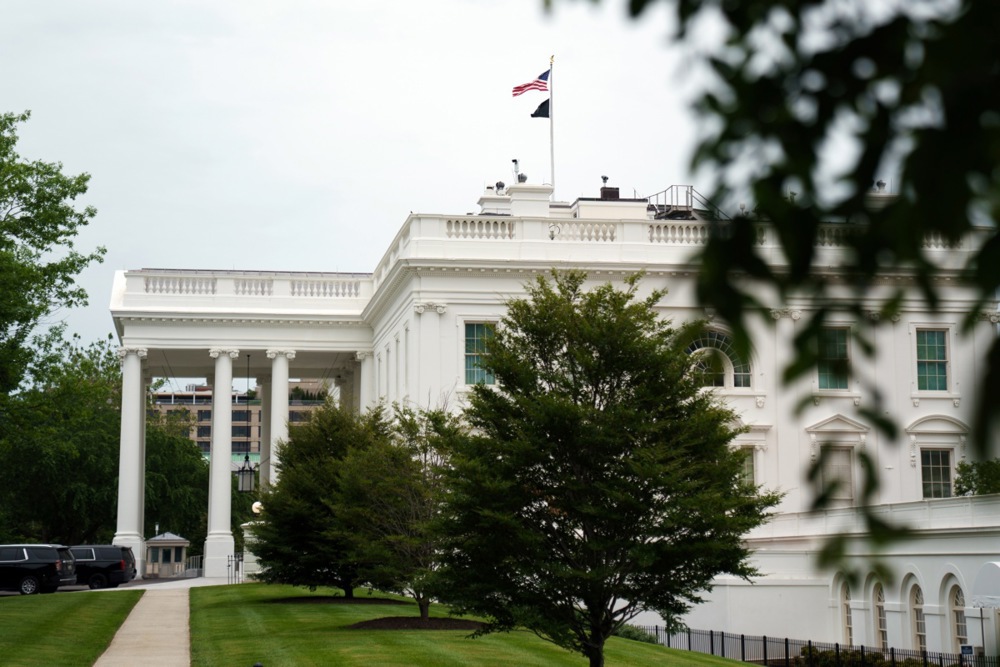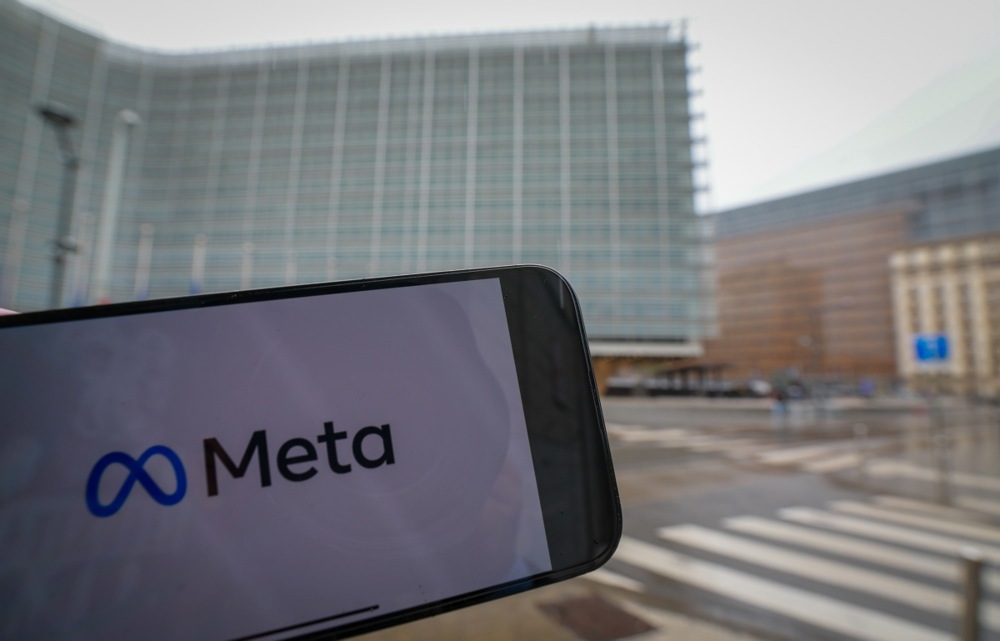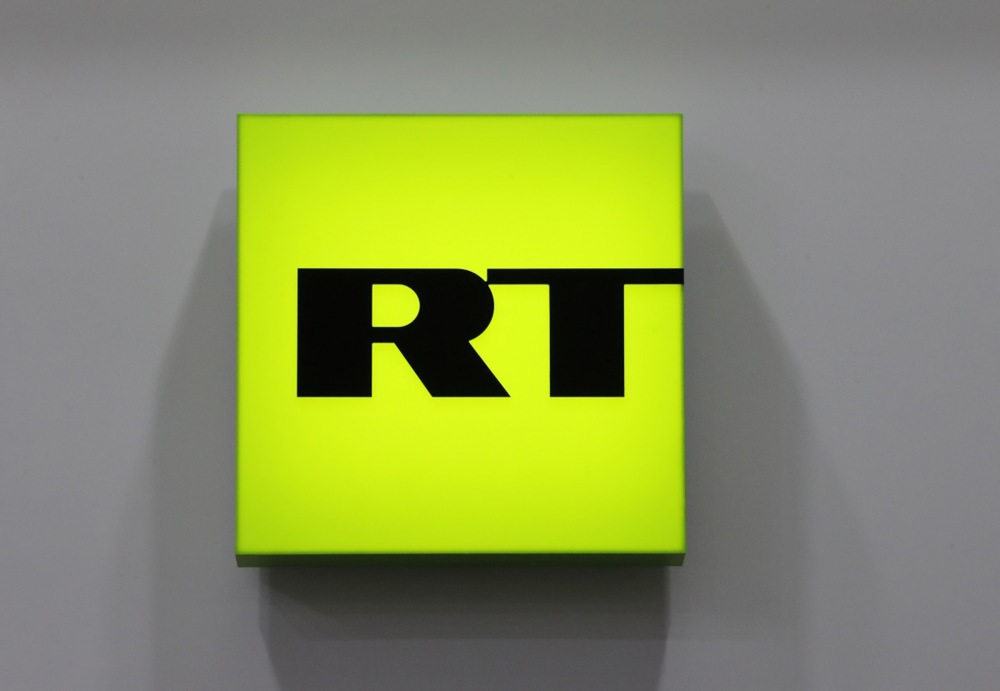Two US websites have filed a complaint in the US against the UK Office of Communications (Ofcom) over the controversial Online Safety Act (OSA).
They claim that the UK has no jurisdiction over Americans online and that Ocfom wants to censor speech.
Both Kiwi Farms and 4chan are controversial due to their associations with harassment, alleged extremism, and so-called harmful online content.
The UK Online Safety Act is a law that requires tech companies, especially social media platforms, to protect users from so-called harmful or illegal online content, like child abuse, terrorism, and scams, but also some political content.
While the British government claimed it balanced free speech rights with the need to protect its citizens, some politicians, especially US politicians, have cast doubt on this.
Based on the OSA, Ofcom said it would levy fines and penalties on 4chan and Kiwi Farms for featuring illegal content on their sites, labelling them as providers of a user-to-user service that is available to UK users.
Ofcom said the sites needed to carry out an illegal content risk assessment by March 2025, which they refused to do.
In a reaction to Brussels Signal, a spokesperson of Ofcom said “We are aware of this lawsuit. Under the Online Safety Act, any service that has links with the UK now has duties to protect UK users, no matter where in the world it is based. The Act does not, however, require them to protect users based anywhere else in the world.”
A British Conservative Party MP’s pro-parenting campaign video has been blocked on X because it features a baby. https://t.co/A6K1mPZINU
— Brussels Signal (@brusselssignal) August 7, 2025
The lawyers of the two websites filed their complaint on August 27 and specifically targeted the alleged attack on free speech.
Preston Byrne of Byrne & Storm, P.C., counsel for the plaintiffs, said in a press statement: “American citizens do not surrender our constitutional rights just because Ofcom sends us an e-mail. In the face of these unlawful foreign demands, our clients have bravely chosen to assert their constitutional rights.
“The UK Online Safety Act is a brazen attempt by a foreign country to hobble American competitiveness and suffocate American freedom by exporting the UK’s censorship laws to our shores.
“If foreign countries feel like bullying Americans, that is their prerogative. The First Amendment bar is prepared to hale any foreign censor into federal court at any time to defend any American.”
Ronald Coleman of the Coleman Law Firm, P.C., also counsel for the plaintiffs, added: “With this action, our clients defend the free speech rights of every American.
“Foreign interference of the type seen in this case is precisely what the First Amendment is meant to protect against.
“We have asked the Court to confirm that Ofcom has no authority to impose or enforce unconstitutional UK laws on American soil.”
In their complaint, the companies took a strikingly patriotic tone.
“Despite the Internet’s global reach, it is more or less universally acknowledged that the Internet is, predominantly, an American innovation, built by American citizens, residents, and companies, and that the United States has the largest and most thriving technology sector of any G7 member state”, they stated.
“Foreign governments, particularly those in Europe, which have not managed to build technology sectors of their own have, for the past half-decade or more, sought to control the American Internet, and hobble American competitiveness, through a range of legislative and non-legislative initiatives.”
They noted that foreign governments have targeted American and non-European entrepreneurs with legal threats for conduct lawful in their home countries—for instance, France’s 2024 arrest of Telegram founder Pavel Durov and its 2025 case against X Corp.
According to the complaint, the UK joined France in seeking to apply its domestic censorship laws to the rest of the world. It highlighted that the US states were 4chan and Kiwi Farms were located originally were part of the British empire but declared independence in 1776 and do not answer to the UK.
Because of this, the websites seek court rulings that Ofcom’s actions are invalid and unenforceable in the US, plus injunctions barring further demands or enforcement of the Online Safety Act against them.
The increasing urge in Europe to regulate or censor the internet has been a growing concern in the United States, where the current administration has been a vocal self-declared supporter of free speech.
Brussels Signal asked mr. Byrne if they were also looking at the Digital Service Act, to which he replied that he has not been approached by any client with a DSA issue.
But he added, “If any EU member state tries what the UK did, namely, attempting to set an enforcement precedent by targeting a small, defenceless American web forum for the lawful exercise of its First Amendment rights, the US First Amendment bar is prepared to drag EU censors into US federal court faster than they can say ‘bonjour.'”
EXC: Three US Congressmen, Jim Jordan, Scott Fitzgerald, and Kevin Kiley join us to discuss growing concerns over the EU’s Digital Services Act and its global implications for freedom of speech. 👇 @Jim_Jordan | @RepFitzgerald | @RepKileyhttps://t.co/uD9Pf5KpsS
— Brussels Signal (@brusselssignal) July 28, 2025





